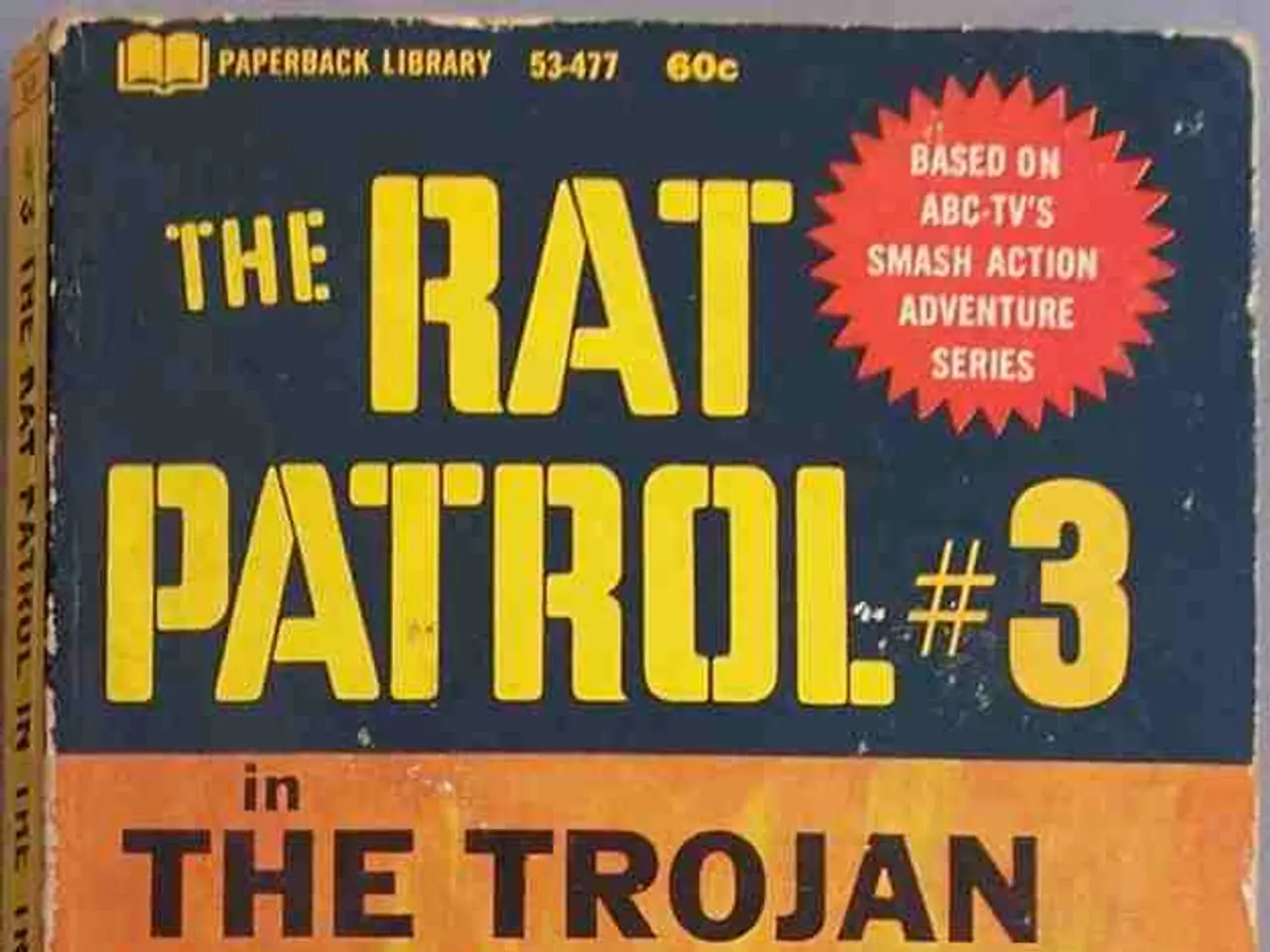Soldiers in Mali Detained for Suspected Plot to Overthrow Current Military Government
Tensions Mount Within Mali's Military Junta as Dozens of Soldiers Arrested
The Malian military junta is experiencing significant internal cracks, as evidenced by the recent arrests of dozens of soldiers, including high-ranking generals. These arrests, numbering between 20 to 55 soldiers and involving generals such as Abass Dembele and Nema Sagara, reflect deepening factional rivalries within the armed forces and mounting political instability.
The arrest of General Abass Dembele, a former governor of the central Mopti region and a highly regarded officer, has caused a stir within the military ranks. The reason for Dembele's arrest has not been disclosed, but it is believed to be linked to an alleged attempt to destabilize the institutions.
The junta, which came to power through coups in 2020 and 2021, initially promised to restore civilian rule but later abandoned its initial transition timetable. The junta leader, General Assimi Goita, was granted a renewable five-year presidential mandate without elections by the military-appointed legislature in July.
The objective of the arrested soldiers was to overthrow the junta, according to a separate army source who confirmed the plot. At least around 20 arrests have been made, according to a security source.
The tensions within the Malian armed forces are fueled by several key factors. Internal power struggles within the junta leadership, particularly between President Assimi Goïta and Defense Minister Sadio Camara, have led to several officers aligned with Camara being marginalized or removed from posts, fueling resentment and factionalism.
The declining legitimacy of the junta due to prolonged delays in transitioning to civilian rule, economic hardships, and ongoing security failures against jihadist insurgencies especially in central regions like Mopti have also contributed to the tensions.
Ethnic and regional dimensions also play a role, as some arrested figures like General Dembele represent central Mali (Mopti), a region with mixed ethnic groups including the Fulani, who have historical grievances related to counterinsurgency policies and political marginalization.
The junta’s political crackdown, which has included dissolving all political parties and detaining opposition figures, has exacerbated unrest and reduced avenues for reconciliation or political dialogue.
The impacts of these internal military fissures and arrests are far-reaching. Increased instability and uncertainty within Mali’s armed forces create risks of further splintering or additional coup attempts. The potential weakening of military cohesion in the fight against jihadist groups undermines security operations in a country already plagued by insurgency.
Heightened political repression as the junta seeks to consolidate control by cracking down on both military dissenters and civilian opposition potentially deepens the country’s political crisis. Shifts in international alignments, with Mali breaking ties with traditional Western partners like France and moving closer to Russia and neighboring junta-led states, result in new regional military configurations but also criticism over human rights abuses linked to military and Russian mercenary operations.
In sum, the arrests reveal a fragile junta challenged by internal rivalries, ethnic tensions, eroding legitimacy, and external pressures, with consequences that threaten Mali’s political stability and security environment.
References:
[1] BBC News. (2023, January 15). Mali army arrests dozens of soldiers over coup plot. Retrieved from https://www.bbc.com/news/world-africa-63767770
[2] Radio France Internationale. (2023, January 16). Mali: la junte militaire affronte des dissensions internes après les arrestations de généraux. Retrieved from https://www.rfi.fr/africacentral/20230116-mali-junte-militaire-affronte-des-dissensions-internes-apres-les-arrestations-de-generaux
[3] The New Humanitarian. (2023, January 17). Mali's junta faces mounting internal challenges. Retrieved from https://www.thenewhumanitarian.org/news-feature/2023/01/17/Mali-junta-faces-mounting-internal-challenges
[4] Reuters. (2023, January 18). Mali's junta strengthens ties with Russia, cuts France out. Retrieved from https://www.reuters.com/world/africa/malis-junta-strengthens-ties-russia-cuts-france-out-2023-01-18/
[5] Associated Press. (2023, January 19). Mali's junta leader defends Russian ties amid French anger. Retrieved from https://apnews.com/article/africa-france-russia-malawi-politics-africa-af3d9e017271f69c43383f10d329502e
- The ongoing political instability and internal cracks within Mali's military junta have resonances in Nigeria, as the Nigerian army and police have grappled with similar factional rivalries and security challenges during elections.
- The DSS, Nigeria's domestic intelligence agency, has often been at the forefront of preventing attempts to destabilize Nigerian institutions, much like their counterparts in the Malian security forces.
- The election season in Naija, as Nigerians often refer to their country, can escalate tensions and unearth underlying political conflicts, reminiscent of the alleged attempt to destabilize Mali's institutions.
- War-and-conflicts, a common thread in Nigeria and many other African nations, have often been fueled by ethnic and regional divisions, similar to the role they play in the tensions within Mali's armed forces.
- The crackdown on political dissent and opposition by Mali's junta has parallels in Nigeria's crime-and-justice system, where detentions of opposition figures are not uncommon, often under the guise of maintaining law and order.








